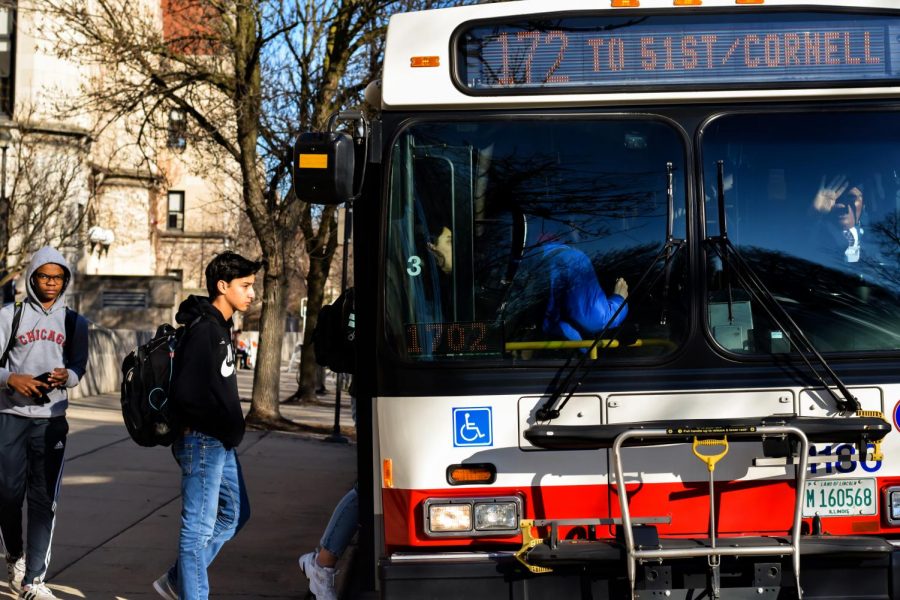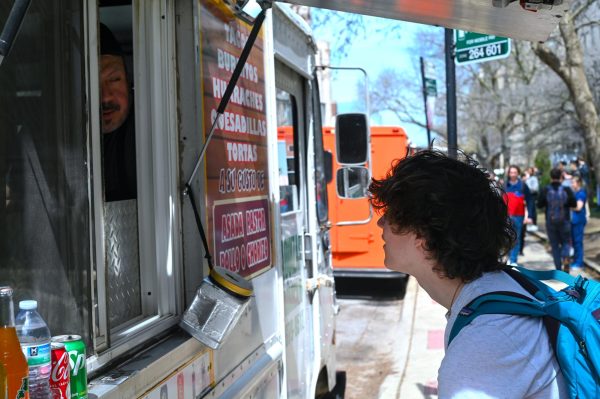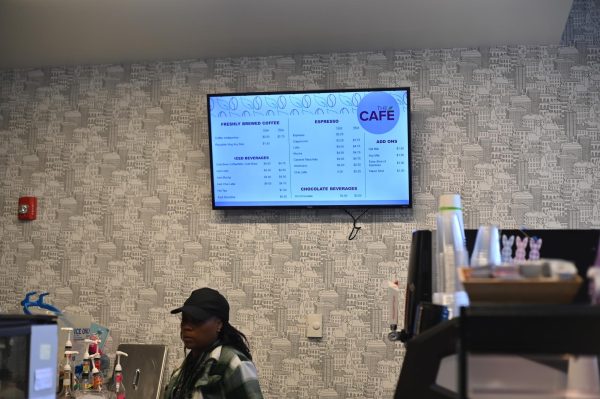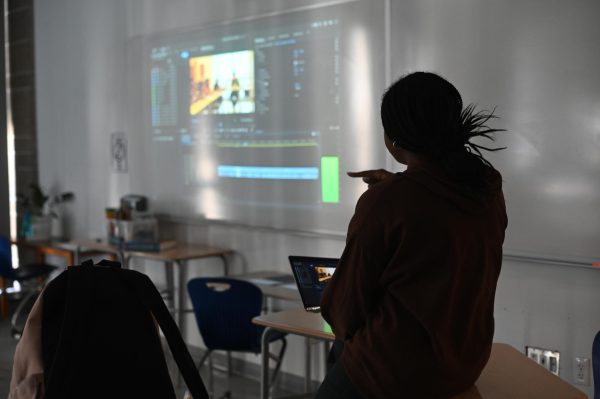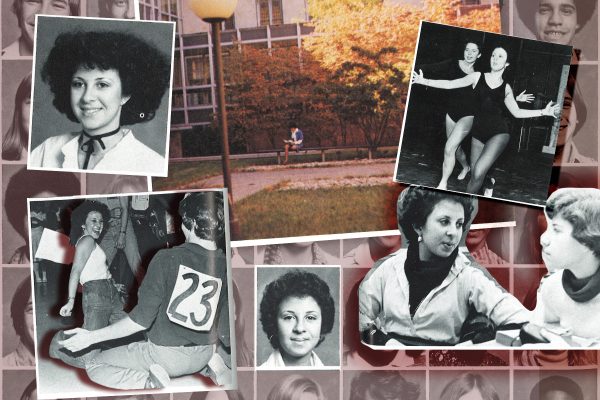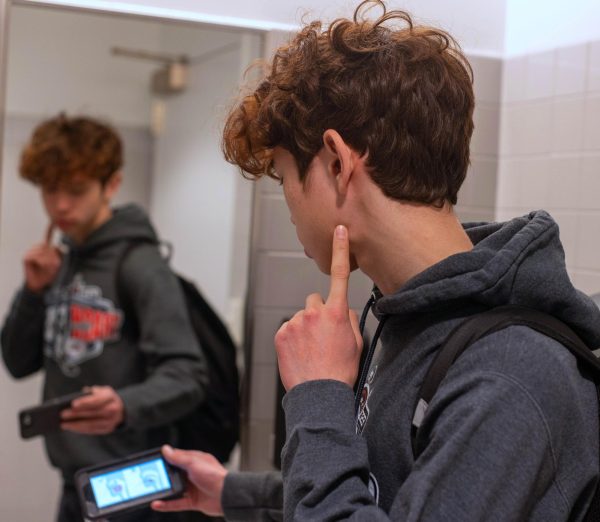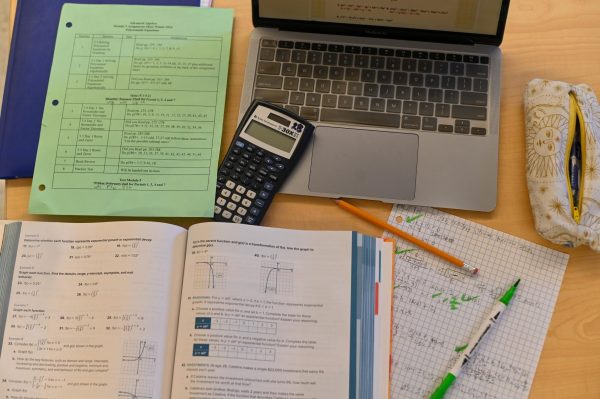Suburban commuters experience positives, negatives
Maria Shaughnessy
ALL ABOARD. Sophomores Ben Ruiz and Amelia Sharma board the 172 CTA bus to 51st Street and Cornell Avenue after school. Many students commute with at least one mode of public transit.
February 23, 2020
It’s 5:50 a.m. in suburban Naperville. Senior Anika Gupta wakes up and gets ready for school. By 6:30 a.m., she’ll leave her house for the trip to Chicago, which requires a train and a bus. While Naperville is only about 45 minutes from U-High by car, it takes Anika almost two hours to get to school since she takes the train and the bus. On days when she has Robotics or All-Schools Council meetings, she won’t get home until almost 13 hours later.
While 46% of U-High students live in Hyde Park, according to school data, 10% of students commute from Chicago suburbs or northwest Indiana — with many traveling more than two hours to get to class on time.
Commuting is really hard sometimes because it restricts the extracurricular activities I can do
— Anika Gupta
When she joined U-High as a freshman, Anika knew a long commute was in her future.
“I felt the community at Lab was closer-knit and there were more opportunities because of the affiliation with the university,” Anika said. “There is also more support for students at Lab like college counseling. At Naperville North High School, where I would’ve gone, there are 300 students per counselor.”
Anika used to get home at 9 p.m. when she had Dance Troupe performances, but she found the schedule unsustainable and left partly for that reason.
“Commuting is really hard sometimes because it restricts the extracurricular activities I can do,” Anika said. “For example, doing a sport is really difficult because by the time I would get home, finishing my homework, eating dinner and sleeping would be almost impossible.”
Another student, senior Esha Mishra, commutes from Schererville, Indiana, and feels commuting hasn’t restricted opportunities.
“Commuting hasn’t restricted what I can do, but it just makes it harder to do what I need to do,” Esha said. “It takes up a large part of my day, which means I have to wake up earlier and I get home later. Therefore, I start my homework later. It can also limit how much time I have after school to have meetings or hang out with friends.”
Anika said she enjoys some parts of commuting and appreciates what she has learned from the experience.
“Commuting also requires a lot of time management skills. I have to prioritize my work and complete it efficiently to keep up,” Anika said.
“Commuting is exhausting because of how long it takes, but it can be interesting sometimes because I get to see places I wouldn’t normally go or meet cool people.”
Junior Emily Chan lives in Hinsdale, a western suburb about 20 miles west of Hyde Park. She began at U-High as a sophomore after attending ninth grade at Hinsdale Central, just two minutes from her house.
“It was very difficult at first to transition from a two-minute-long commute to an hour-and-a-half-long commute,” Emily said.
Among the difficulties Emily faced was balancing time for schoolwork, extracurriculars and commute, she also finds it difficult to take advantage of the university’s resources.
“For example, if I were to get sick in the middle of the day, it would be harder to leave and go home than it would be if I lived close by. Also, I sometimes feel that UChicago facilities like the Regenstein Library are more challenging and time-consuming for me to access because of how difficult it can be to stay after school, especially on school nights.”
Esha also says one of the biggest inconveniences to commuting is coordinating plans.
“I have to plan out in advance if I want to stay after school for something. I live an hour away, so I have to coordinate rides if I have to take a test after school or if I have a meeting and there are some days that I cannot stay after school because the carpool leaves at a set time.”
Emily quickly adapted to the rushed schedule of a daily commuter.
“Sophomore year, I was driven to and from school each day and struggled to make each car ride productive. This year, I take the train and have found it to be more productive,” Emily said. “Even though it has taken me some time to adjust to a long commute to school, it has become a more productive and enjoyable part of my daily routine.”
Esha said she likes having a designated part of the day to relax.
“On the way back from school, I relax, read or take a nap, which is nice after a long school day,” Esha said.
Emily also has found that a positive result of her long commute is the opportunity to socialize.
“I like commuting together with my friends, as I have several friends who also live in the suburbs and take the same train and bus as me to get to school,” Emily said. “It creates a nice community because we see each other before and after school and have to work out train times together each day.”



